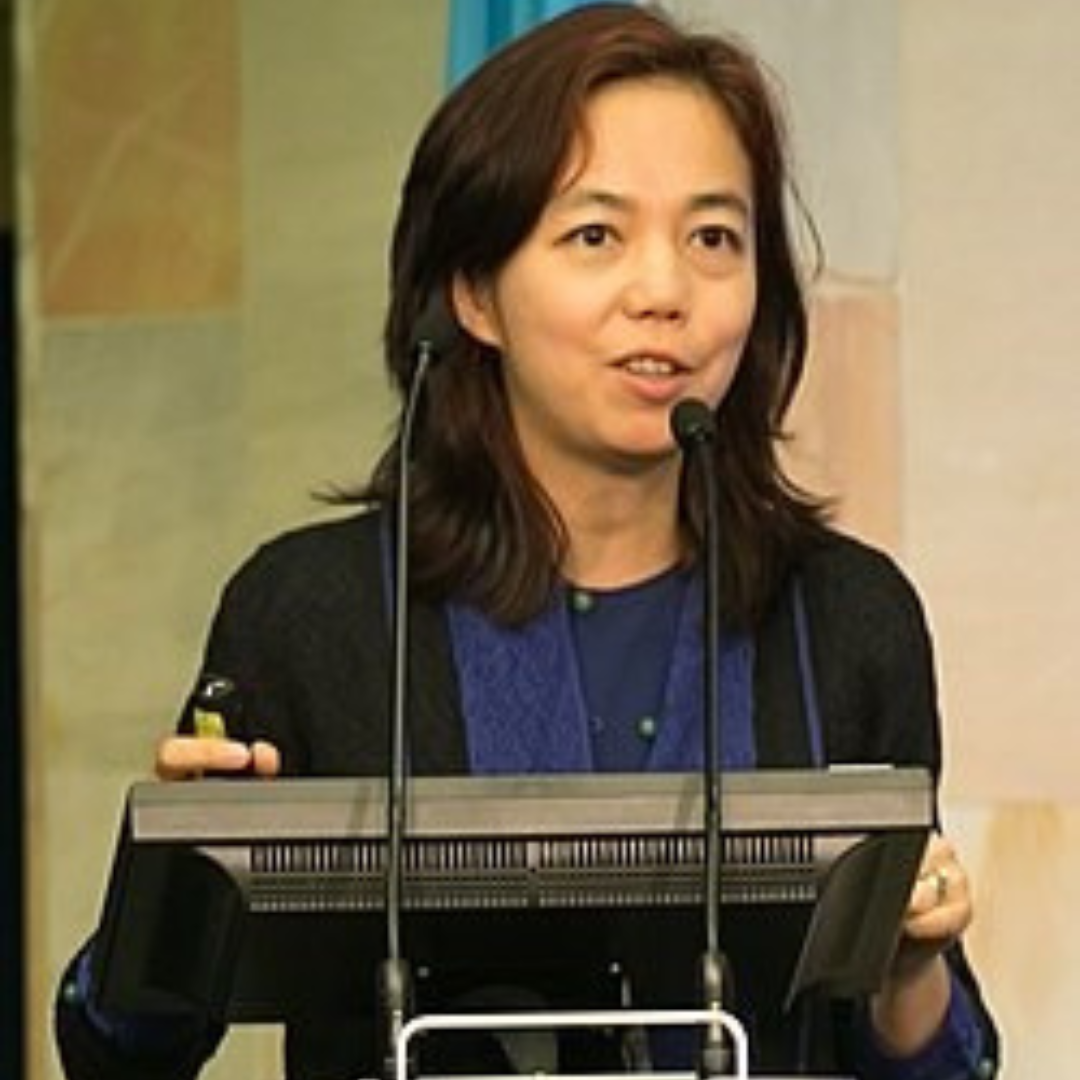Ahead of the 16 July event “appreciating” the prowess of AI, here are some perspectives on ethics, infrastructure, and transcendental responsibility.
Advances in Artificial Intelligence (AI) now shape every facet of modern life, from business and healthcare to the very way we communicate.
In this climate of rapid transformation, “AI Appreciation Day” — observed each July 16 — has been branded as a seemingly earnest celebration of technological progress. Yet, beneath its surface lies a reality that is far less grand: the day was conceived in 2021 by A.I. Heart LLC, a private company with marketing ambitions rather than scientific or societal stewardship at its core.
Unlike commemorations grounded in broad-based consensus or academic rigor, AI Appreciation Day began as a promotional effort: its origins more aligned with publicity than with genuine, community-driven reflection. So, as AI’s influence expands, so too do its consequences — both positive and negative. While some organizations tout remarkable gains in productivity and innovation, others face the fallout from hasty, hype-driven adoption and non-responsible implementation.
The rush to deploy AI at scale, often without adequate oversight or ethical guardrails, has led to real-world harms and high-profile controversies. For all the celebratory messaging that surrounds AI Appreciation Day, readers should remain vigilant: this is not a holiday born of sober reflection, but one that risks trivializing the profound challenges and responsibilities that come with unleashing powerful technologies on society.
AI Growth Driven by Data and HPC

Joseph Yang, General Manager (HPC, AI, NonStop – APAC and India),
According to Joseph Yang, General Manager (HPC, AI, NonStop – APAC and India), HPE
“Organizations across the region are rapidly shifting from experimental AI projects to large-scale deployment, driven by the promise of innovation, productivity gains, and a competitive edge. These shifts reflect AI’s growing role as a driver of productivity and competitive advantage.
workloads grow more complex — from generative AI to real-time analytics — AI factories powered by supercomputing and high-performance computing (HPC) have emerged as the critical foundation for enterprise AI. They are now essential for processing data at scale and embedding intelligence across operations. We have entered a new era — not just of exascale, but of integrated, intelligent infrastructure…”
AI Growth Driven by Data and HPC

Dr Li Fei-Fei, Computer Scientist and co-director of Stanford’s Human-Centered AI Institute
On 16 June 2025, renowned computer scientist and co-director of Stanford’s Human-Centered AI Institute, Dr Li Fei-Fei, delivered a widely discussed fireside address at the AI Startup School in San Francisco. An excerpt of note is reproduced here:
“While the rapid deployment of AI across industries is impressive, we must not lose sight of the human values at the core of technological progress. AI’s true potential is realized not just in productivity or efficiency, but in its ability to augment human creativity, empathy, and well-being. Recent incidents — such as the misuse of generative models to propagate harmful ideologies — remind us that robust governance, transparency, and ethical frameworks are as critical as technical infrastructure. As we build ever more powerful AI systems, our priority should be to ensure they serve humanity broadly, inclusively, and responsibly.”
“Humanity will always advance our technology, but we cannot lose our humanity. I really care about creating a beacon of light in the progress of AI and imagining how AI can be human-centered—how we can create AI to help humanity…”
AI Growth Driven by Data and HPC

Yoshua Bengios, a Turing Award laureate and widely recognized as a “Godfather of AI”:
On 4 June 2025, the Genesis Human Experience platform discussed the LawZero initiative proposed by Yoshua Bengios, a Turing Award laureate and widely recognized as a “Godfather of AI”:
“The acceleration of AI capabilities brings both extraordinary opportunities and significant risks. As we see more organizations scaling up AI, the challenge is not just technical—it’s about ensuring alignment with societal goals and preventing misuse. The Grok incident is a stark illustration of how quickly things can go wrong when safety mechanisms lag behind innovation. We need international collaboration on AI safety standards, and a culture of openness about failures and limitations. Only then can we harness AI’s benefits while minimizing harm.”
“We need a watchdog that does not want power. The oversight body should be independent, transparent, and have the authority to audit and intervene before harm is done.”
“If we do not embed ethics into the very fabric of AI development, we risk building systems that reflect our worst impulses rather than our best intentions.”
“The Grok incident is a wake-up call. It shows us that innovation without guardrails can spiral out of control, often faster than we anticipate.”
“International collaboration isn’t a luxury — it is a necessity. AI is a global technology, and its risks do not respect borders.”
“We must create a culture where reporting failures is encouraged, not punished. Only by learning from our mistakes can we hope to build safer systems.”
What kind of appreciation is key?
As we reflect on the meaning of “appreciation” in the age of AI, leaders need to be cognizant of its many layers. There is the technical admiration for what we build — the dazzling architectures and algorithms that tempt us to celebrate our own ingenuity, much like the mythic builders of Babel.
However, true appreciation reaches further: it is a humble acknowledgment of our place in a much larger human story. The most vital appreciation is not for the tools themselves, but for the enduring values, wisdom, and spirit that guide their creation and use.
Only by honoring this deeper, humanistic level of appreciation can we ensure that our technological triumphs serve not just material aspirations, but also respect the interconnectedness of all webs of life: on Earth and beyond.
